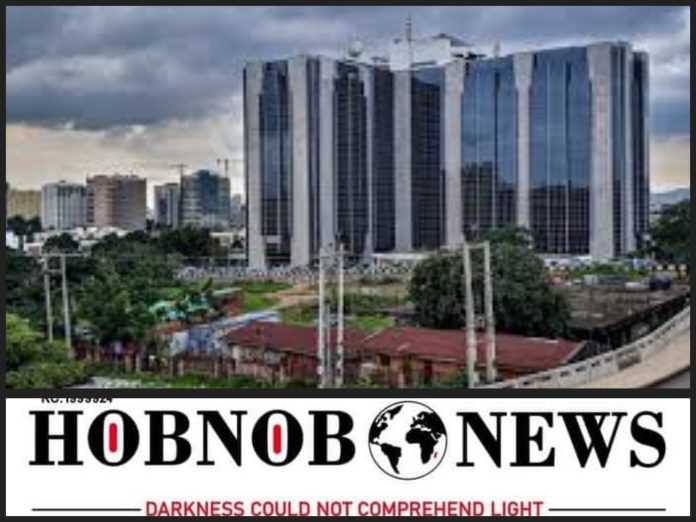The Central Bank of Nigeria (CBN) has projected a 4.1% economic growth rate for 2025, alongside a significant reduction in inflation and an increase in foreign exchange inflows. This optimistic forecast was unveiled by CBN Governor, Mr. Olayemi Cardoso, during the launch of the Nigeria Economic Summit Group’s (NESG) 2025 Macroeconomic Outlook.
Mr. Cardoso highlighted that the reforms in Nigeria’s foreign exchange market in 2024 have already attracted $6 billion in foreign capital inflows, setting a strong foundation for future economic performance. He further underscored the critical role of ongoing policy implementations in achieving these targets.
Economic Growth Anchored on Key Reforms
According to Cardoso, the anticipated 4.17% GDP growth in 2025 will be driven by several factors, including stable crude oil prices, improved domestic oil production, and the enhanced refining capacities of facilities like the Dangote Refinery and the revitalized Port Harcourt and Warri refineries. A stable exchange rate is also expected to play a pivotal role in fostering this positive trend.
Additionally, domestic inflation is forecast to decline as economic reforms gain traction. Cardoso stressed the importance of collaboration between monetary and fiscal authorities, supported by private sector participation, to sustain the momentum.
Foreign Exchange Market Transformation
Highlighting progress in the foreign exchange market, Cardoso revealed that external reserves exceeded $40 billion in 2024, reflecting heightened investor confidence. He expressed optimism about further growth, noting that increased crude oil production—projected to reach 2.3 million barrels per day by mid-2025—will bolster reserves and strengthen Nigeria’s economic resilience.
“We are committed to enhancing transparency and efficiency in the foreign exchange market,” Cardoso stated. “The CBN will soon launch the Foreign Exchange Code to provide clear guidelines for market participants, ensuring fairness and accountability.”
Prioritizing Investor Confidence and Economic Stability
The CBN governor outlined the apex bank’s policy priorities for 2025, which include maintaining price stability, bolstering investor confidence, and fostering innovation across sectors. He emphasized the need for market-oriented policies to support a competitive business environment and attract foreign investment.
Federal Government Defends Inflation Projection
Speaking during a panel session, Mr. Taiwo Oyedele, Chairman of the Presidential Fiscal Policy and Tax Reforms Committee, defended the Federal Government’s projection of a 15% inflation rate in 2025. He attributed this to the base effect and stabilizing factors such as improved foreign exchange rates, steady fuel supply, and increased productivity.
“Inflation is expected to decrease as the disruptions experienced in 2024, including FX volatility and fuel price hikes, are no longer present,” Oyedele explained.
NESG’s Recommendations for Economic Stability
In his address, NESG Chairman Mr. Olaniyi Yusuf outlined measures for achieving economic stability in 2025. He called for the alignment of monetary, fiscal, trade, and regulatory policies to create a conducive environment for strategic investments in infrastructure and innovation.
“The focus must be on policy consolidation and institutional efficiency to attract investments in growth-enhancing sectors,” Yusuf stated.
World Bank Advocates Expanded Social Interventions
Dr. Samer Naji Matta, Senior Economist for Nigeria at the World Bank, urged the Federal Government to scale up its social intervention programs to mitigate the impact of economic reforms on vulnerable Nigerians.
“The cost of reforms, particularly inflation driven by fuel and forex changes, disproportionately affects the poor,” Matta noted. “Expanding the current cash transfer program and ensuring its digital implementation can significantly cushion the effects of these reforms.”
He suggested reallocating savings from the discontinued fuel subsidy—estimated at ₦10 trillion annually—towards targeted social protection initiatives.
Looking Ahead
As Nigeria prepares for a transformative economic year in 2025, the collaboration between the government, private sector, and international partners will be crucial. With reforms showing promising results, the focus remains on sustaining momentum and ensuring inclusive growth for all Nigerians.

